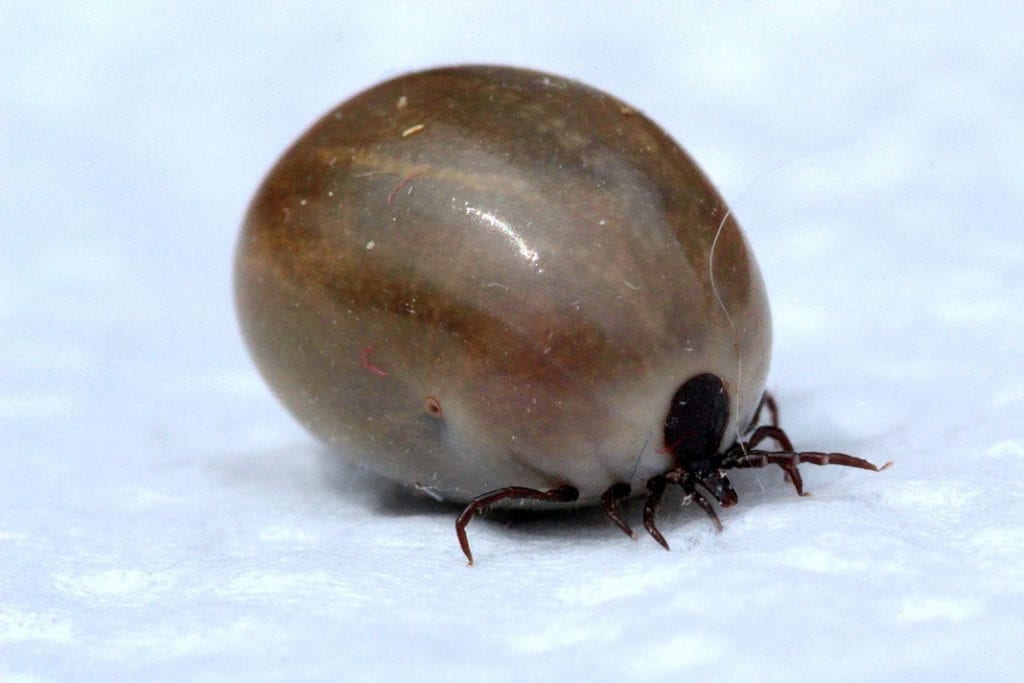Researchers from Duke Health are hoping to discover new treatments for Lyme disease since the only way to currently manage the disease is by taking consistent antibiotics, which can be detrimental to one’s stomach, reported Duke Health. The Duke team is looking to provide alternatives to patients suffering from the disease, and thankfully have received a huge grant totaling to $3.8 million from the Steven and Alexandra Cohen Foundation. With the funding and a good track record for discovering treatments, they anticipate finding success. Soon.
Lyme disease is caused by a bacterial infection from a bug, specifically an illness that develops from Borrelia burgdorferi bacterium and Bartonella pathogen. To learn more about this rare disease, click here.
The Duke researchers have plans to make quick, aggressive progress. They hope to identify potential drugs, as well as go through clinical treatments in three years time. The process will consist of a partnership with scientists from John Hopkins School of Medicine, as well as Tulane Medical Center.
Duke will focus on identifying protein targets, and those new compounds will then undergo tests at John Hopkins for their strength with Bartonella and Boreelia burgdorferi. Any promising potential drugs will then make their way to Tulane Medical.There researchers will conduct trails on animals, including primates, that are ill with this disease.
Already, Duke researchers have identified 20 proteins that have potential and now are screening compounds for potential drugs that seek out the protein (meaning, the protein that is the driving force for the disease).
Cancer researcher, Spector, is rooted from real life experience with the disease. In 2009, the disease nearly killed him when his heart almost failed and he was forced to undergo a heart transplant. Having a personal connection to the disease just makes his team that much more powerful fighting from a place of firsthand experience. Spector believes they are well on their way, and thankfully to past researchers who’ve paved the way, he thinks that they are already so close to something that will drastically help those who suffer from Lyme disease.





